The Best Tribute to Toni Morrison Is to Read Her Work
Her writings on war, racism as a distraction and the responsibility to share privilege possess a striking clarity.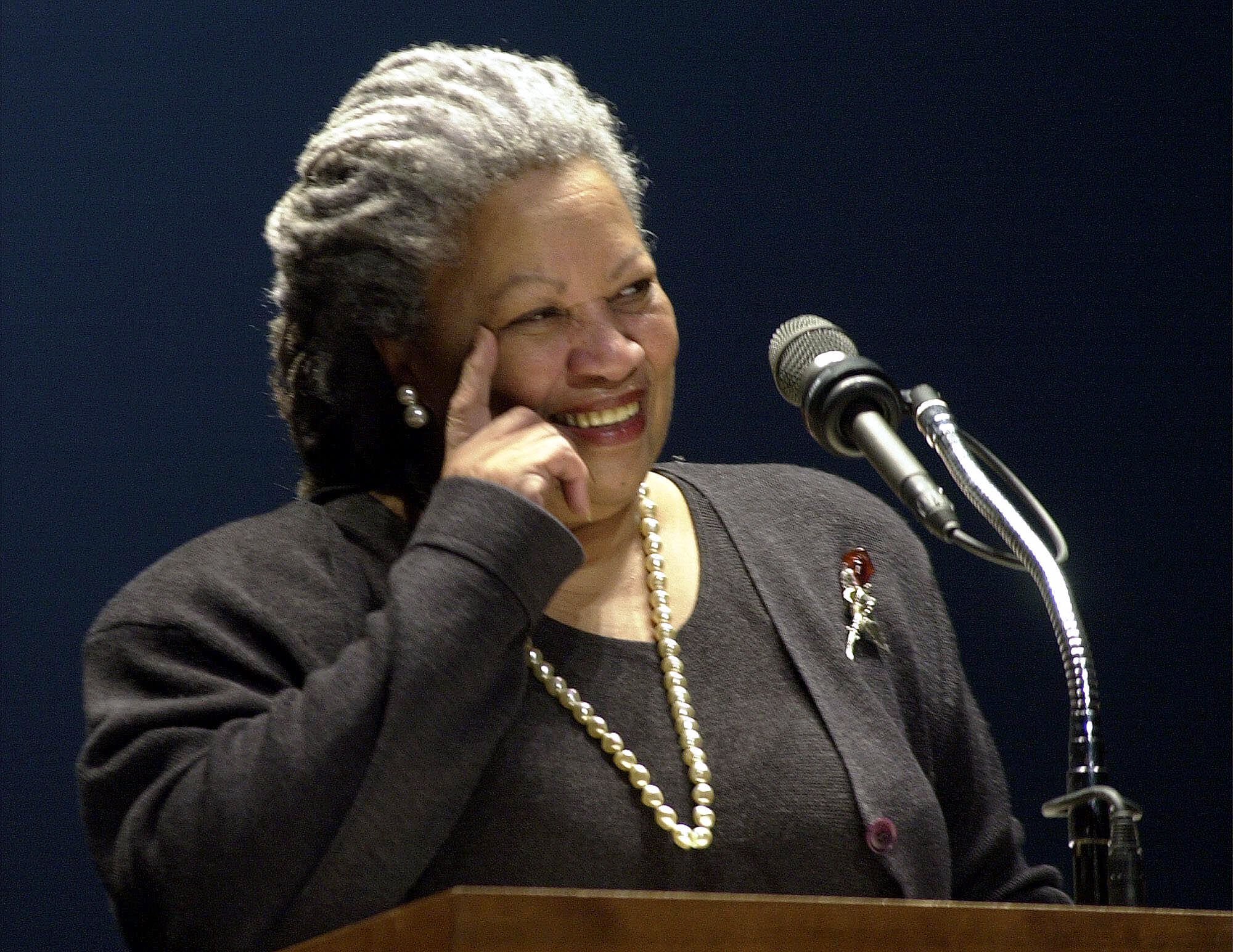 Toni Morrison speaks to an audience at Purdue University in 2000. (David Umberger / AP)
Toni Morrison speaks to an audience at Purdue University in 2000. (David Umberger / AP)
Writer and Nobel laureate Toni Morrison died Tuesday, at age 88. She is best known as the author of 11 novels, as well as essay collections and children’s books.
Whether in her novels or in criticism, covering a number of subjects, including black identity, (especially that of black women), Morrison’s prose is as precise as it is lyrical.
As journalist Rachel Kaadzi Ghansah wrote in a 2015 New York Times Magazine profile, she didn’t think she had to choose in her writing.
“Morrison writes stories that are more aesthetic than overtly political, better expressed in accurate Tolstoyan detail than in generalizing sentiments blunted with anger,” Kaadzi Ghansah argues. “Most important, she is an author who writes to tease and complicate her world, not to convince others it is valid.”
When Morrison did directly address politics, in interviews, public speeches and essays, she did so with a striking clarity that was an inspiration to, and guide for, fellow writers.
Below are just a few examples of her incredible literacy legacy, on war, racism and the responsibility of those with privilege to share it with those without.
On racism as a distraction, from her 1975 keynote address at Portland State University:
The function, the very serious function of racism is distraction. It keeps you from doing your work. It keeps you explaining, over and over again, your reason for being. Somebody says you have no language and you spend twenty years proving that you do. Somebody says your head isn’t shaped properly so you have scientists working on the fact that it is. Somebody says you have no art, so you dredge that up. Somebody says you have no kingdoms, so you dredge that up. None of this is necessary. There will always be one more thing.
On black veterans returning home to racism after World War I and the Korean War:
From her novel, “Jazz” (1992): Disgruntled veterans who had fought in all-colored units […] came home to white violence more intense than when they enlisted and, unlike the battles they fought in Europe, stateside fighting was pitiless and totally without honor.”
From her novel, “Home” (2012): “You all go fight, come back, they treat you like dogs. Change that. They treat dogs better.”
On freedom (O, The Oprah Magazine, 2003)
“I tell my students, ‘When you get these jobs that you have been so brilliantly trained for, just remember that your real job is that if you are free, you need to free somebody else. If you have some power, then your job is to empower somebody else.”
On the lead-up to the Iraq War:
“Reckless, sinister and unnecessary: when you don’t have diplomacy, all you have left is the bullet. But waging war is unmodern; the language is puny.”
Listen to her 1993 Nobel lecture:
Or read the transcript here.
Your support matters…
Independent journalism is under threat and overshadowed by heavily funded mainstream media.
You can help level the playing field. Become a member.
Your tax-deductible contribution keeps us digging beneath the headlines to give you thought-provoking, investigative reporting and analysis that unearths what's really happening- without compromise.
Give today to support our courageous, independent journalists.
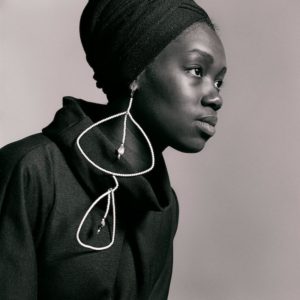
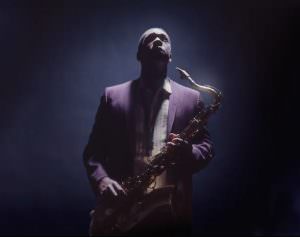
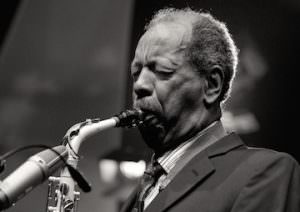
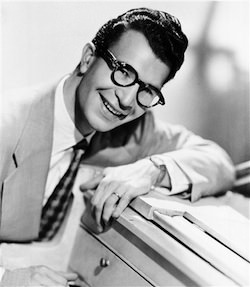

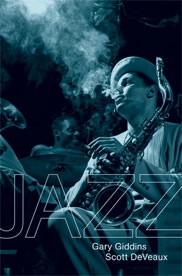
You need to be a supporter to comment.
There are currently no responses to this article.
Be the first to respond.